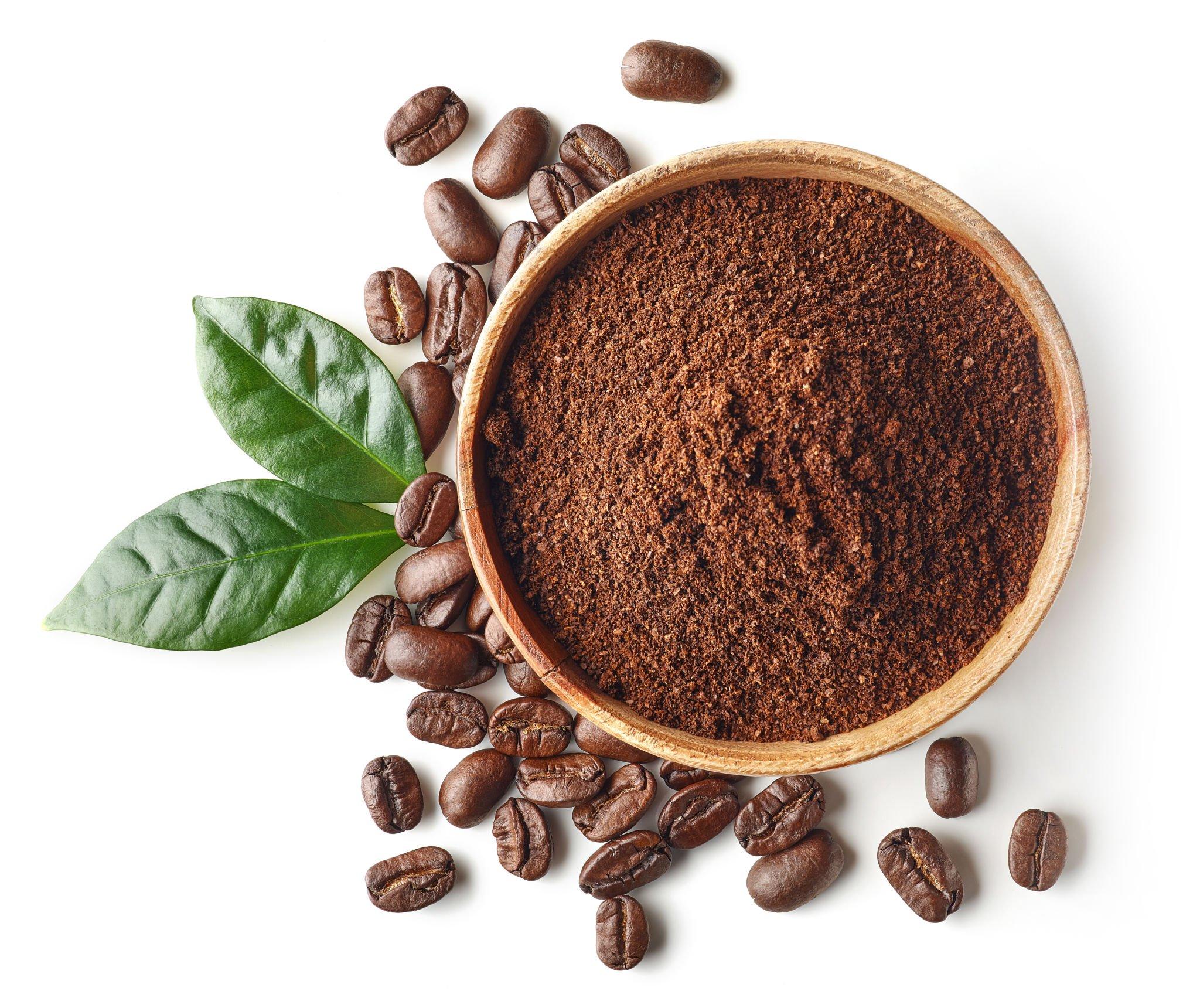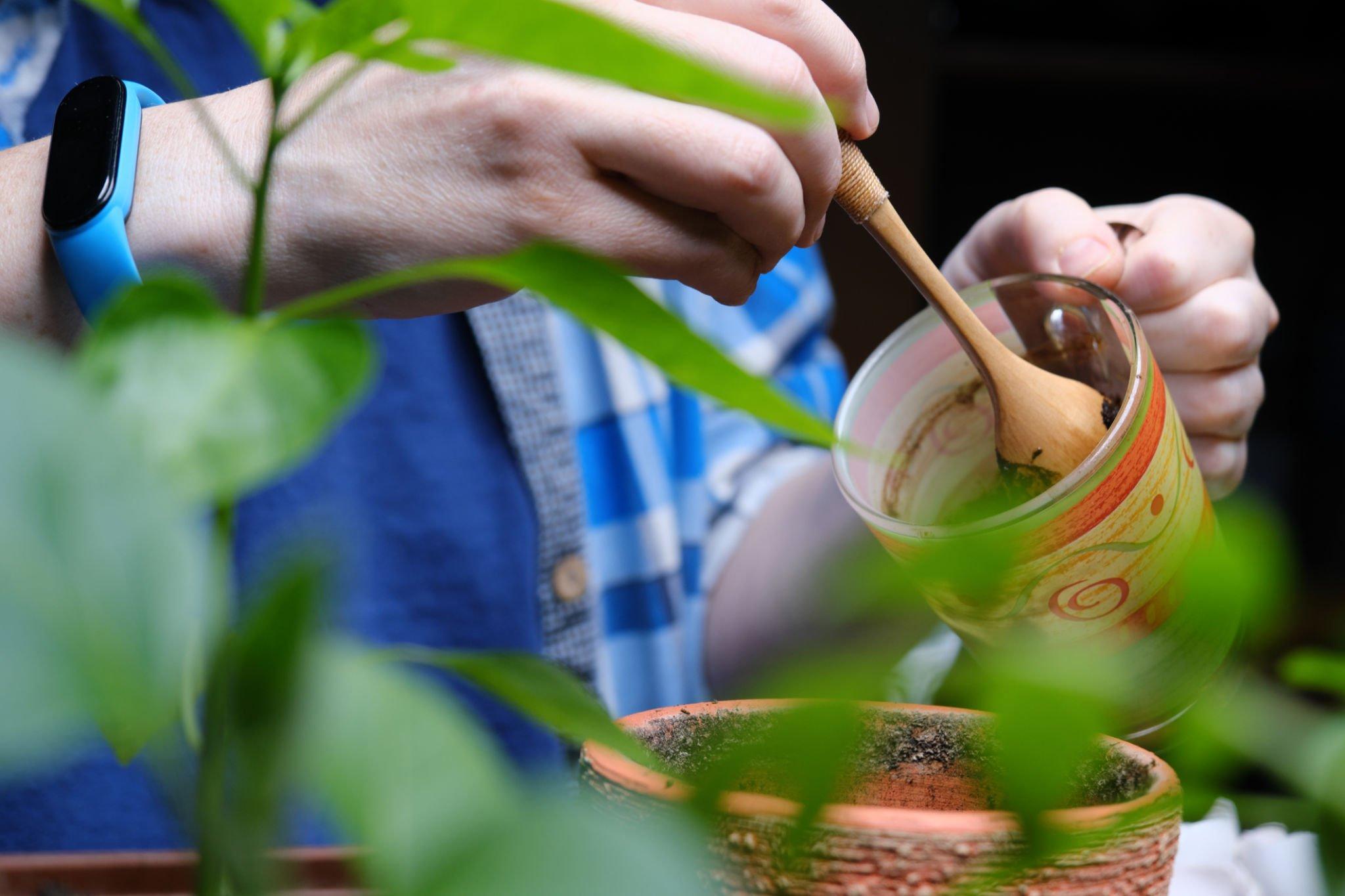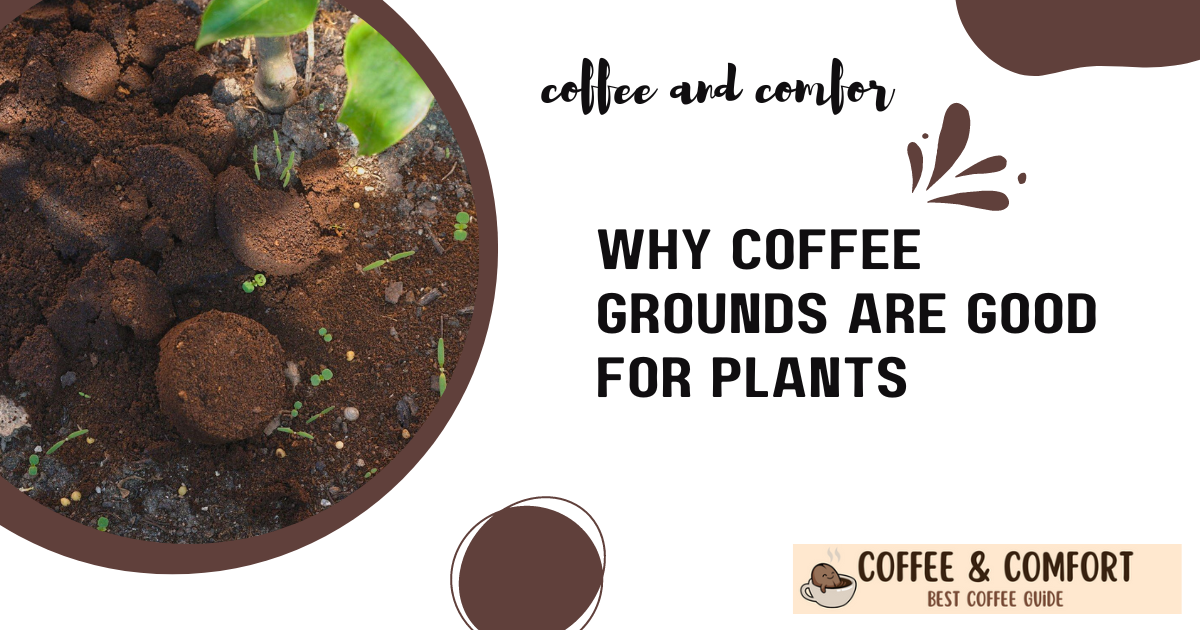Discover why coffee grounds are a great natural fertilizer for your plants. Learn how to use them to give your garden a nutrient boost.
Coffee grounds are more than just a morning pick-me-up; they can also be a great addition to your garden! Not only are coffee grounds a great source of nitrogen, but they also help to improve soil structure and drainage.
So if you’re looking for a way to give your plants a boost, look no further than your morning cup of joe!
Benefits of Coffee Grounds for Plant Growth
Coffee grounds are naturally high in nitrogen, as well as other minerals and trace elements, which makes them an excellent fertilizing agent for plants. Coffee grounds can improve the quality of soil, as they help increase the soil’s acidity level, which can be beneficial for plants like azaleas and rhododendrons.
Additionally, coffee grounds can help improve drainage, aeration, and water retention in the soil, while also providing an organic material to the soil that can help improve the soil’s microbial life.
Nutrients Found in Coffee Grounds
Coffee grounds are rich in potassium, nitrogen, phosphorus, and other essential minerals and trace elements. These elements help to provide the essential nutrients that plants need in order to grow, such as nitrogen for leafy green plants and phosphorus for flowering plants.
Additionally, coffee grounds are also high in organic matter, which can help improve the quality of soil.

How to Use Coffee Grounds in the Garden
Using coffee grounds in the garden can be easy and beneficial for plants. First, spread the coffee grounds evenly around the garden or in the soil. The grounds can be added in small amounts, or can be mixed into compost or mulch.
Additionally, coffee grounds can also be used to make an organic fertilizer by combining them with water and other organic materials.
Composting with Coffee Grounds
Composting with coffee grounds is an excellent way to recycle organic waste and provide beneficial nutrients to plants. Coffee grounds can be added to a composting bin or pile, and will break down over time.
Composting with coffee grounds helps to improve soil fertility, by providing essential nutrients and organic matter to the soil.
Additionally, composting with coffee grounds can also help reduce the amount of waste going to landfills.
Potential Risks of Using Coffee Grounds on Plants
While coffee grounds are an excellent fertilizing agent for plants, there are some potential risks associated with using them in the garden. Coffee grounds are naturally acidic, and can cause an increase in the soil’s acidity level.
This can be beneficial for acid-loving plants, but can also be detrimental to other plants. Additionally, coffee grounds may attract pests, such as slugs and snails, so it is important to use them sparingly.

Alternatives to Coffee Grounds for Plant Fertilization
While coffee grounds are an excellent source of nutrients for plants, there are other alternatives that can be used for plant fertilization. Composted manure, bone meal, and fish emulsion are all organic sources of nutrients that can be used to fertilize plants.
Additionally, there are also synthetic fertilizers that can be used, such as urea, ammonium nitrate, and potassium sulfate.
Tips for Using Coffee Grounds in the Garden
Coffee grounds are a fantastic resource that can be used in the garden to help nourish and protect your plants. Not only are they easy to obtain, but they’re also a great way to repurpose something that would otherwise end up in the trash.
Here are some tips for using coffee grounds in your garden:
- Composting: Coffee grounds are an excellent addition to your compost pile. They provide essential nitrogen, which is essential for plant growth, and they help balance the carbon-to-nitrogen ratio in your compost.
- Fertilizer: You can use coffee grounds as a fertilizer for your plants by sprinkling them around the base of the plant. This will release nitrogen, phosphorus, and potassium into the soil, which are essential nutrients for plant growth.
- Pest control: Coffee grounds can help deter slugs and snails, which are common garden pests. These pests are repelled by the caffeine in coffee grounds, so sprinkling them around your plants can help keep them away.
- Acid-loving plants: If you have plants that prefer acidic soil, such as blueberries, rhododendrons, and azaleas, coffee grounds can be an excellent addition to the soil. The acidity in the coffee grounds will help lower the pH of the soil, making it more suitable for these plants.
- Mulching: Coffee grounds can also be used as a mulch for your plants. This will help retain moisture in the soil, and as the coffee grounds break down, they will release nutrients into the soil.
- Use in potting soil: Coffee grounds can be used in potting soil to improve its structure and provide essential nutrients. Mix coffee grounds with potting soil in a 1:1 ratio for the best results.
When using coffee grounds in your garden, it’s essential to remember not to overdo it. Too much coffee grounds can harm your plants and cause them to grow poorly. It’s best to use them sparingly and as part of a balanced approach to gardening.
With these tips, you can make the most of your coffee grounds and give your plants the nourishment they need to thrive.
Frequently Asked Questions (FAQ)
Q1: What are the benefits of using coffee grounds for plants?
A1: Coffee grounds are a great source of nitrogen, which is essential for healthy plant growth. They also contain other beneficial nutrients such as potassium, magnesium, and calcium.
Additionally, coffee grounds can help to improve soil structure and drainage, and can act as a natural fertilizer.
Q2: How do I use coffee grounds for my plants?
A2: Coffee grounds can be used in a variety of ways. You can mix them into the soil around your plants, or use them as a top dressing.
You can also make a compost tea by soaking the grounds in water and then using the liquid to water your plants.
Q3: Are there any plants that should not be fertilized with coffee grounds?
A3: Coffee grounds are generally safe for most plants, but it is best to avoid using them on acid-loving plants such as azaleas, rhododendrons, and blueberries.
Q4: How often should I use coffee grounds for my plants?
A4: Coffee grounds can be a beneficial addition to your plants, providing essential nutrients and helping to deter pests. However, it’s important to use them in moderation to avoid harming your plants. As a general rule of thumb, it’s recommended to use coffee grounds as a supplement to your regular fertilizer routine, about once a week or every other week.
Always be sure to mix the coffee grounds into the soil to prevent any potential damage to the roots. With proper usage, coffee grounds can help your plants grow healthy and strong.
Final Word
Coffee grounds are a great addition to any garden. They provide essential nutrients to plants, help retain moisture, and can even help deter pests.
Coffee grounds are an easy and cost-effective way to give your plants the boost they need to thrive.

My name is Michael Jones, and I’m a coffee enthusiast and expert based in the US. I run my own coffee shop, and I’m passionate about everything related to coffee. On my website, Coffee and Comfort, I share my knowledge and tips to help you elevate your coffee experience. Whether you’re a beginner brewer or a seasoned barista, I have something for everyone. I’ll teach you how to choose the right coffee beans, grind them perfectly, and brew a delicious cup of coffee at home. I’ll also share tips on how to make different coffee drinks, like lattes, cappuccinos, and espressos. But more than just teaching you about coffee, I want to help you create a coffee lifestyle that you love. Coffee is more than just a beverage; it’s a way to connect with people and enjoy the simple things in life.
